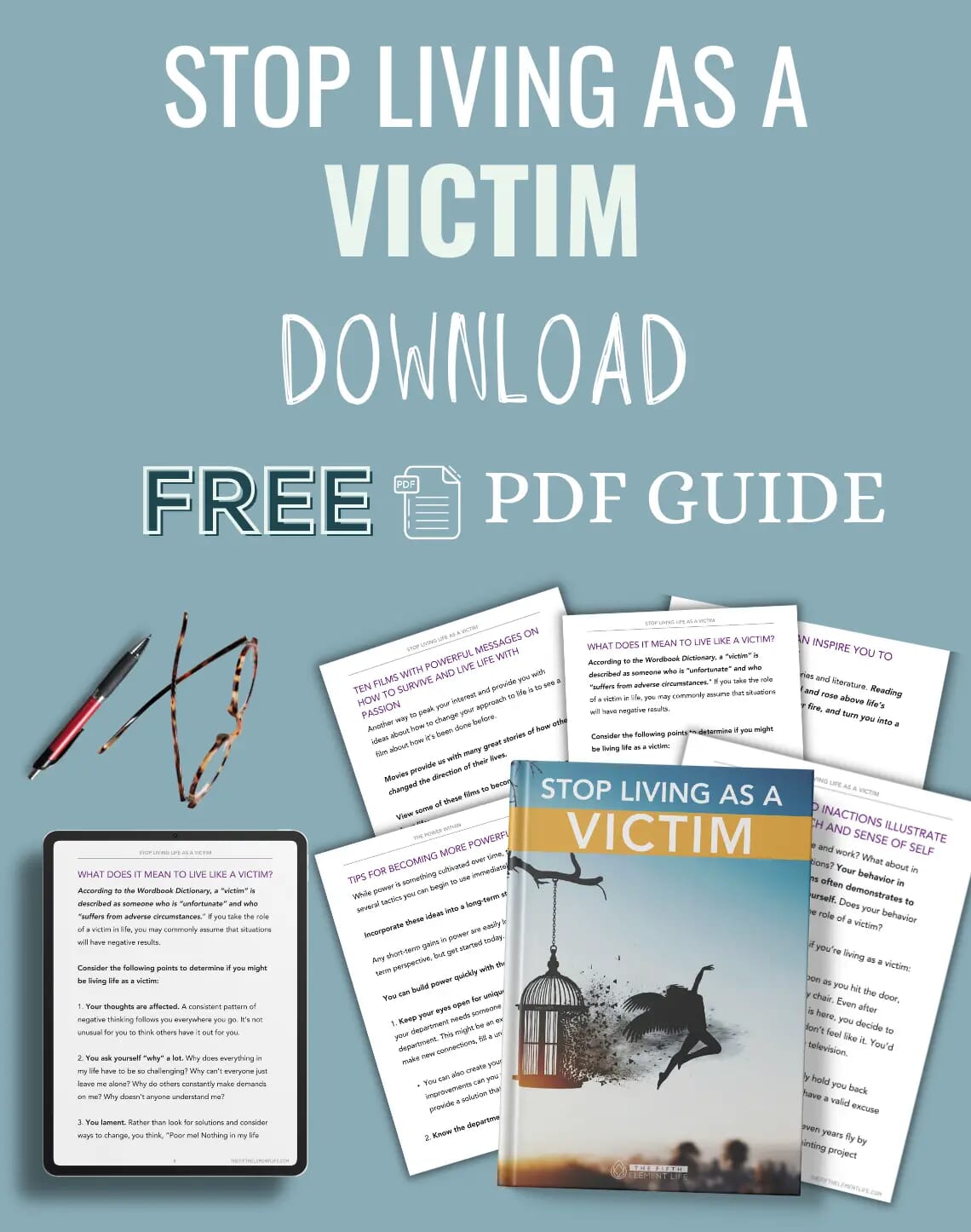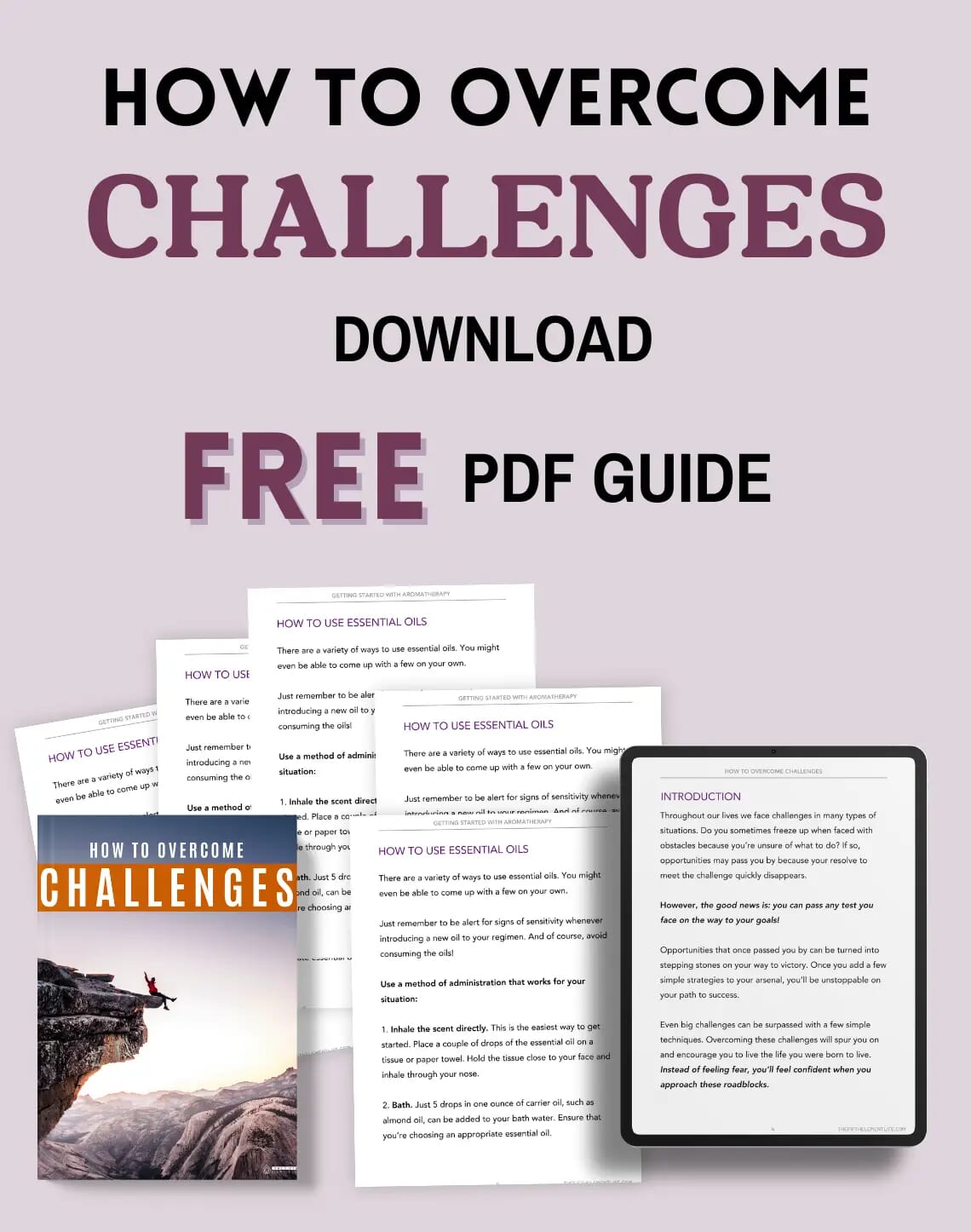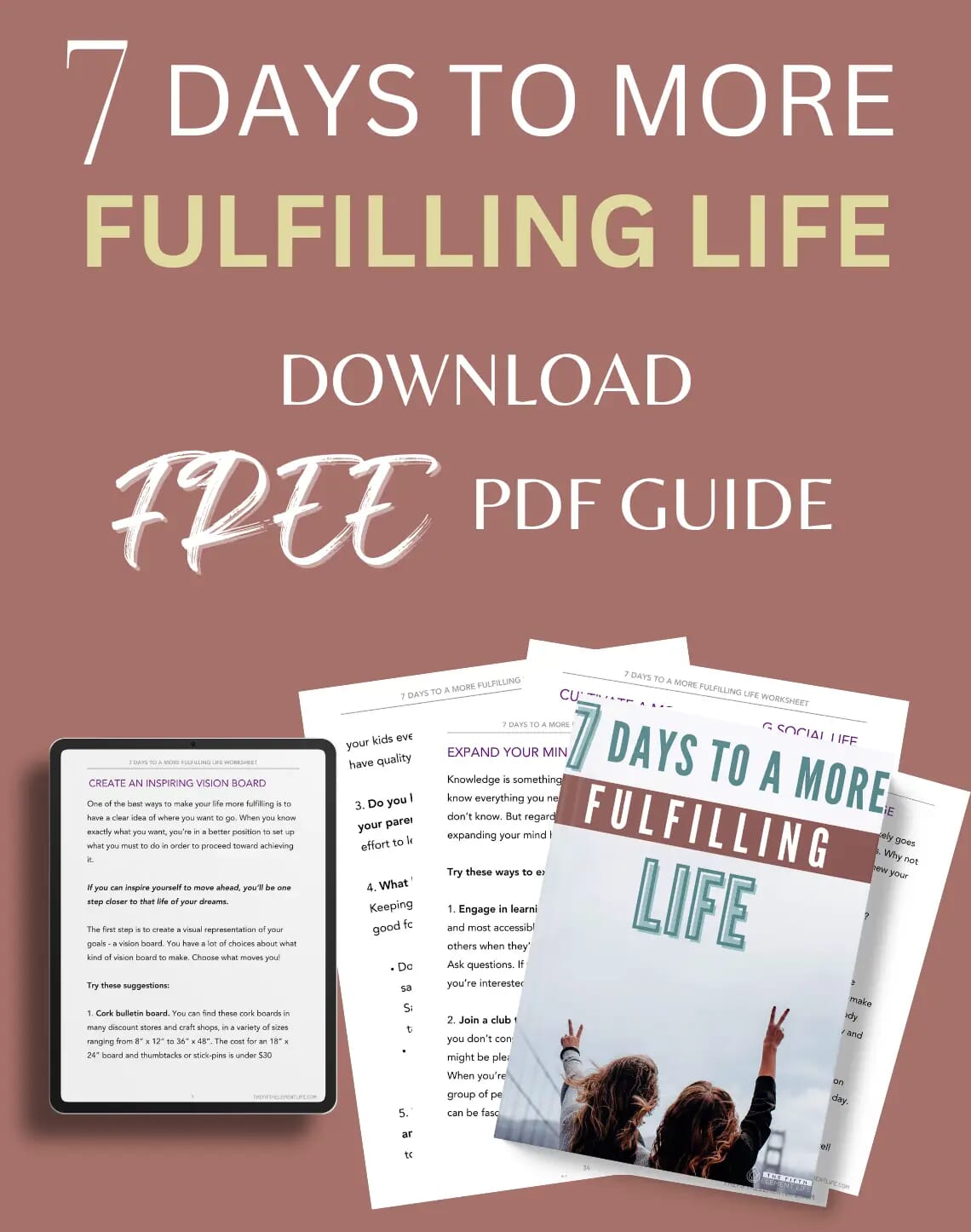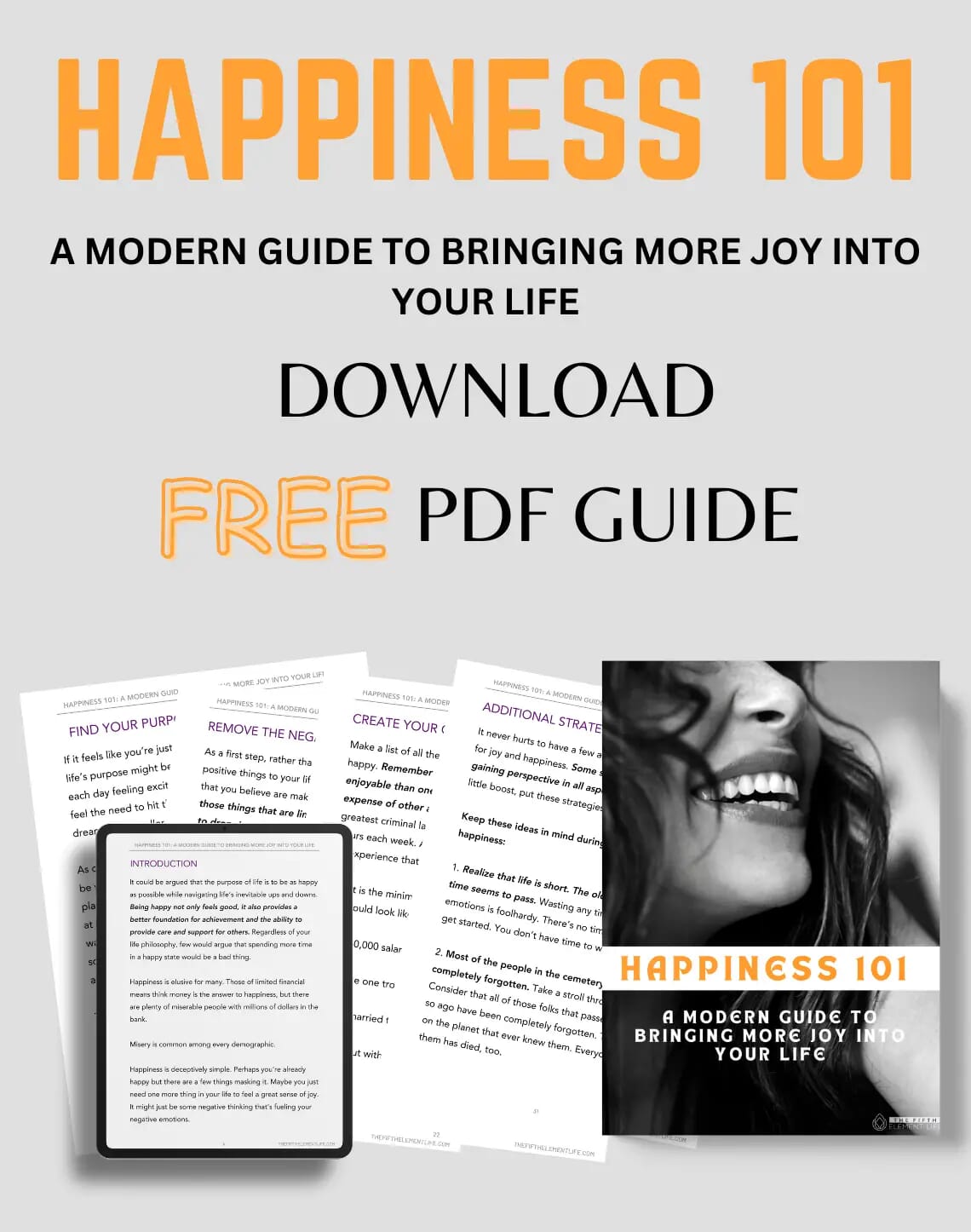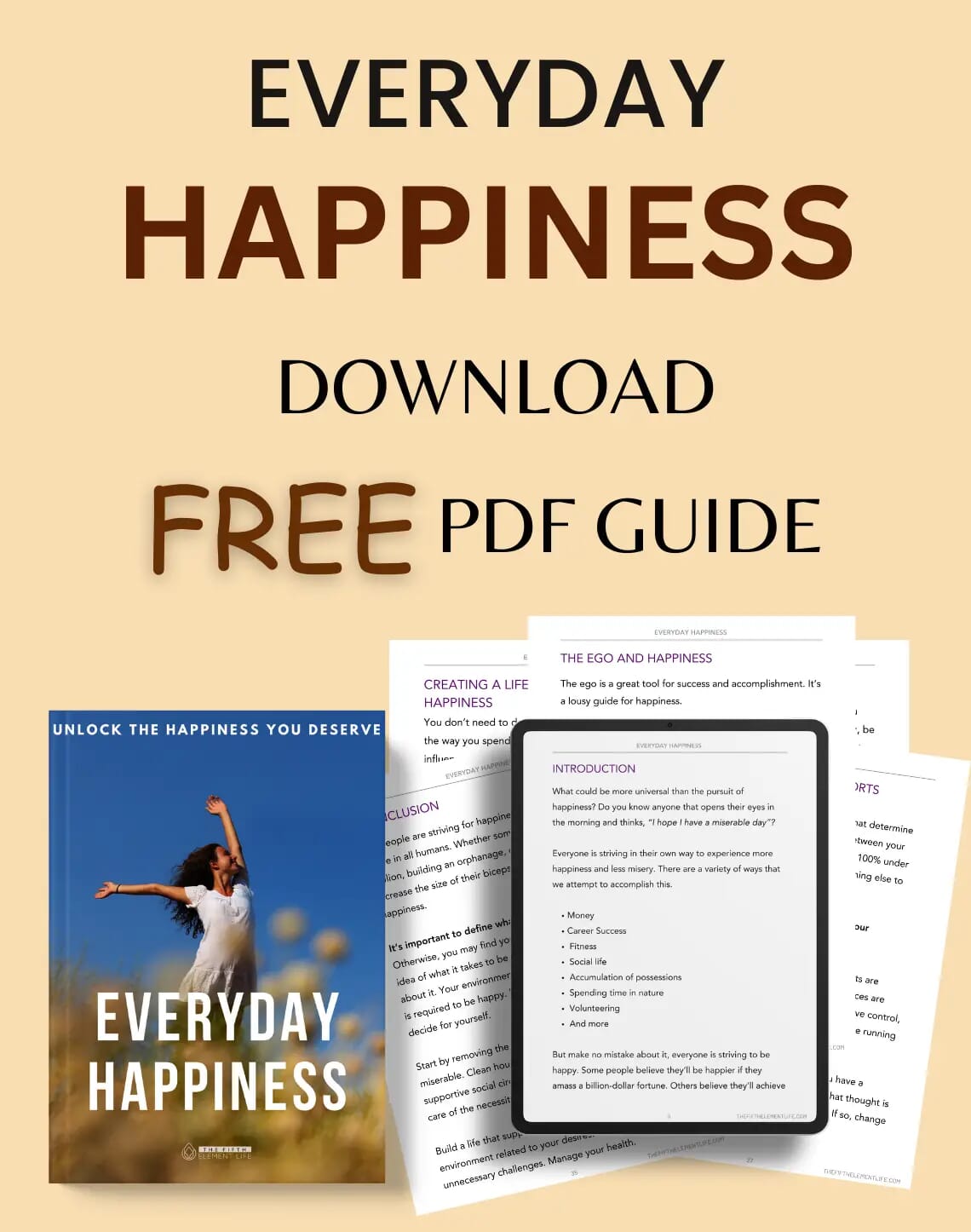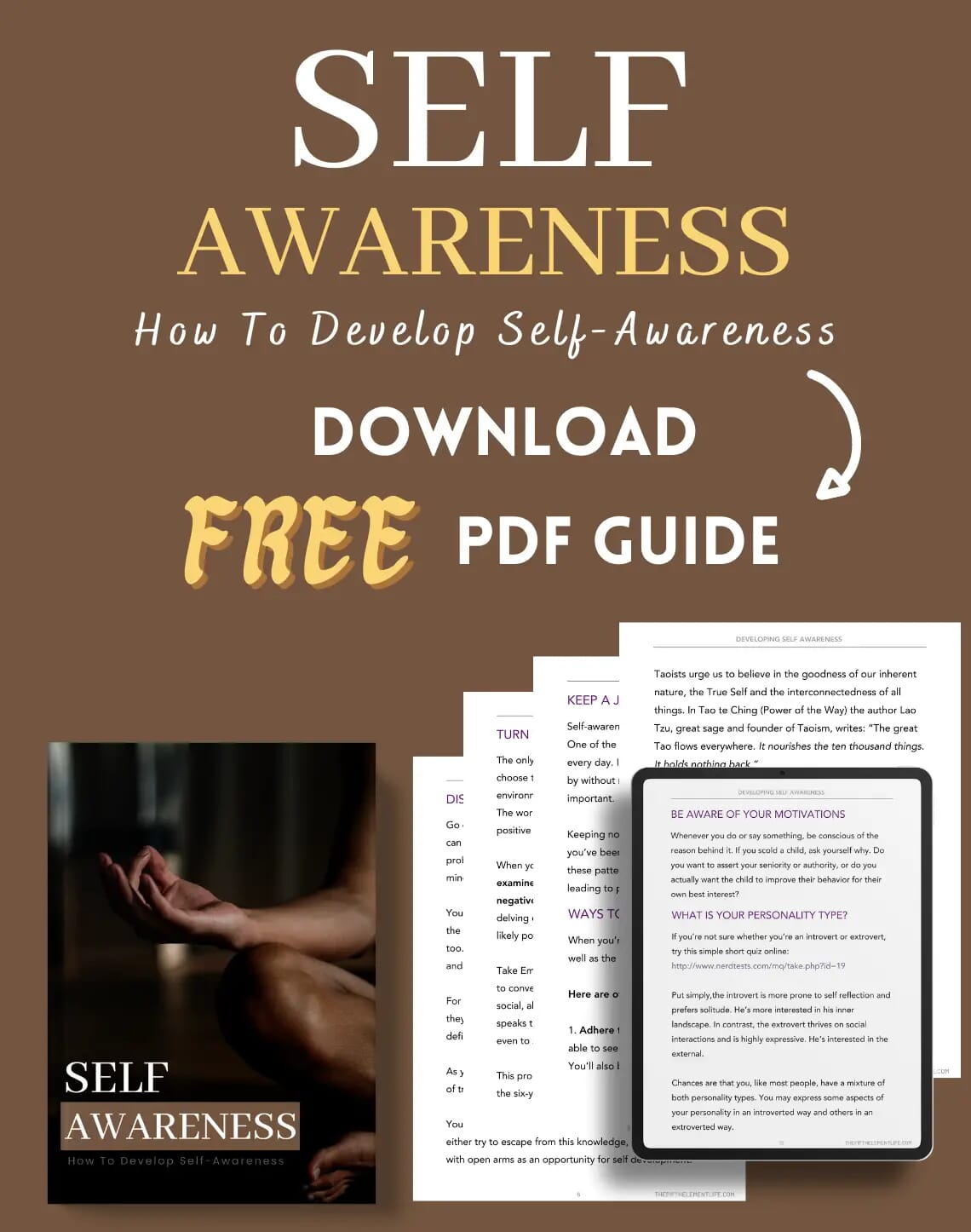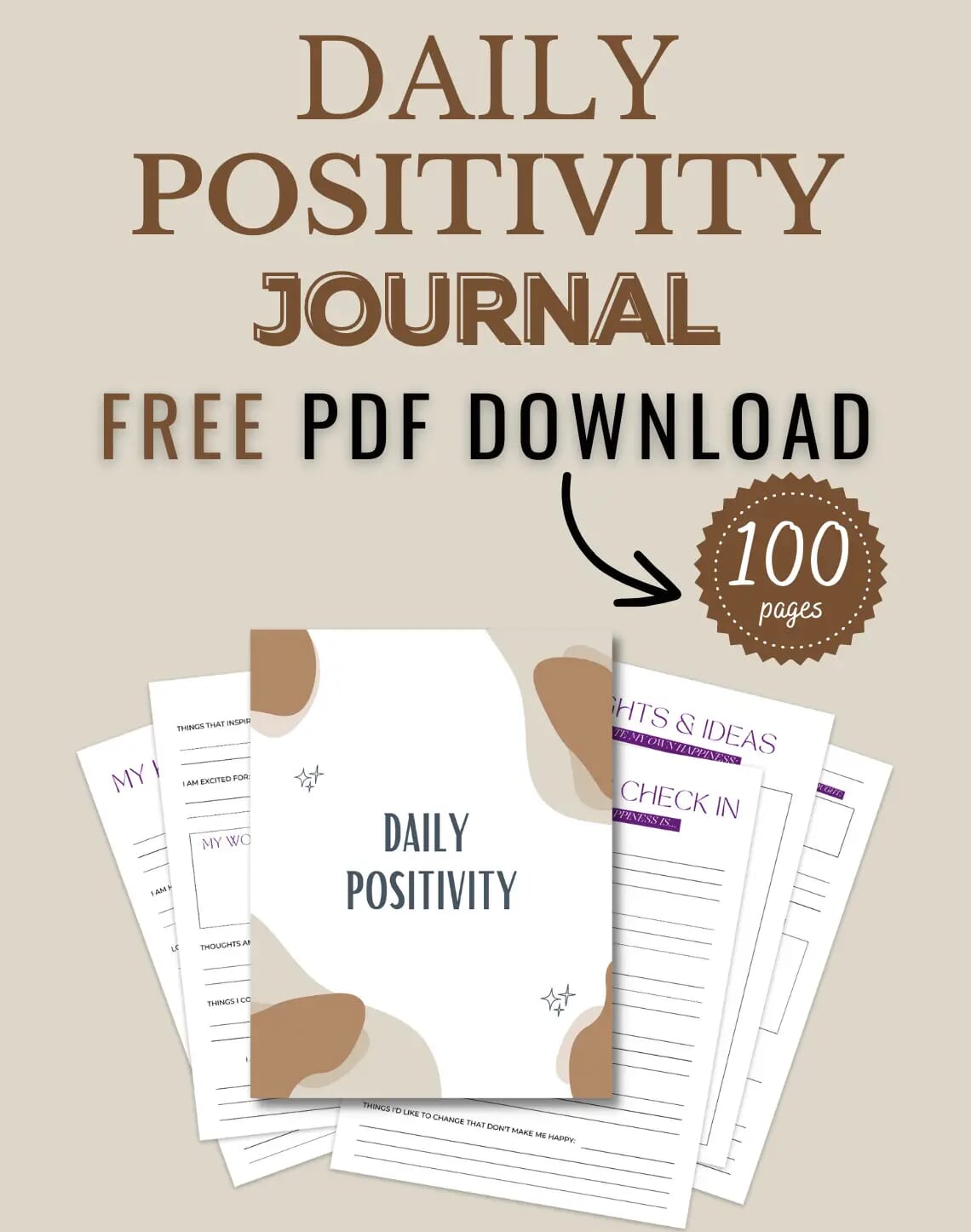Last Updated on April 17, 2024
Are you tired of feeling trapped in a cycle of victimhood, yearning for a transformative shift in your life? It’s time to break free and embrace your inner survivor. But do you know how to Overcome the Victim Mindset? If no, we have the answer for you.
Welcome to a journey of personal growth, empowerment, and vibrant living.
In this compelling article, we explore the profound impact of the victim mentality and provide practical strategies to help you break free from its grip.
We invite you to discover the power of self-reflection, mindset shifts, and intentional actions that will empower you to rewrite your story and unleash your full potential.
But that’s not all. Along this transformative journey, we introduce you to a valuable resource that will support and guide you every step of the way—the “Stop Living as a Victim” online journal.
This comprehensive journal offers deep insights, powerful narratives, and transformative exercises to help you cultivate resilience, embrace your inner strength, and live life on your own terms.
Are you ready to embrace your inner survivor and thrive? Let the “Stop Living as a Victim” online journal be your companion on this extraordinary journey of transformation.
Understanding the Victim Mentality – Breaking the Chains of Perceived Helplessness

Have you ever felt like life is conspiring against you? That no matter what you do, you’re doomed to face constant adversity and setbacks?
These sentiments may be indicators of a victim mentality—a belief system that keeps us locked in a cycle of powerlessness and self-pity.
The victim mentality is rooted in a perception that external forces have control over our lives.
We see ourselves as passive recipients of circumstances, believing that our fate is predetermined and beyond our influence.
This mindset can manifest in various aspects of our lives, from personal relationships to professional endeavors, hindering our growth and well-being.
RELATED: 77 Inspiring Affirmations For Forgiveness To Stay Focused
When we adopt a victim mentality, we relinquish our power and agency.
We blame external factors for our failures, using them as convenient excuses to avoid taking responsibility for our choices and actions.
It becomes a self-perpetuating cycle, as the more we see ourselves as victims, the more we reinforce that belief and attract situations that confirm our helplessness.
But here’s the truth: the victim mentality is not a fixed state of being. It’s a learned perspective, and like any learned behavior, it can be unlearned.
It requires self-awareness, reflection, and a willingness to challenge our ingrained beliefs about ourselves and the world.
By understanding the victim mentality and recognizing its presence in our lives, we open the door to transformation.
We gain the opportunity to reclaim our power, rewrite our narrative, and embrace a mindset of self-resilience.
It’s about shifting our focus from what we can’t control to what we can—the choices we make, the actions we take, and the attitudes we cultivate.
The Victim Mentality Unveiled: Exploring Its Subtle Aspects
The victim mentality is a multifaceted phenomenon that permeates various aspects of our lives, shaping our perceptions, behaviors, and interactions.
By understanding these different dimensions, we can gain a deeper insight into the intricate workings of the victim mindset and begin to dismantle its grip on our lives.
Let’s explore some of these aspects:
- Emotional Dependency: Within the victim mentality, there is often a strong reliance on others for emotional support and validation. Individuals may believe that their well-being and happiness are contingent upon external factors, leading to a constant search for validation, approval, and sympathy from others. This dependency can hinder personal growth and perpetuate feelings of powerlessness.
- Blaming and Externalization: A hallmark of the victim mentality is the tendency to attribute personal challenges and setbacks solely to external circumstances or other individuals. This externalization of responsibility prevents individuals from taking ownership of their actions and inhibits their ability to create positive change in their lives. By shifting the focus from blame to personal accountability, we can empower ourselves to make proactive choices.
- Limited Perspective: The victim mindset often restricts one’s perspective, leading to a narrow view of possibilities and potential solutions. Individuals may find it challenging to see beyond their current circumstances and believe that they have little control over their lives. Expanding our perspective involves challenging self-limiting beliefs, exploring alternative viewpoints, and embracing a growth mindset that acknowledges our ability to learn and adapt.
- Learned Helplessness: In some cases, prolonged exposure to challenging or traumatic experiences can lead to learned helplessness—a belief that one is incapable of changing or improving their circumstances. This deeply ingrained belief can paralyze individuals, robbing them of their agency and resilience. Breaking free from learned helplessness involves rewiring our beliefs, seeking support, and taking small steps towards regaining control.
- Negative Self-Identity: The victim mentality often accompanies a negative self-identity, where individuals perceive themselves as inherently flawed, unworthy, or destined to suffer. This self-perception undermines self-confidence, stifles personal growth, and perpetuates a cycle of victimhood. Shifting our self-identity involves cultivating self-compassion, recognizing our inherent worth, and embracing our strengths and potential.
Resources and Narratives: Fueling Your Transformation

On your journey of breaking free from the victim mentality and embracing your survivor mindset, it’s essential to seek inspiration and guidance from various resources and narratives.
These powerful sources can provide valuable insights, relatable stories, and practical tools to support your transformation.
Here are some recommended resources to fuel your growth:
- Books that inspire: Dive into the world of literature with books that offer profound wisdom, relatable stories, and transformative guidance. Here are 10 books that can inspire you to become a survivor:
- “Man’s Search for Meaning” by Viktor E. Frankl
- “The Four Agreements” by Don Miguel Ruiz
- “Rising Strong” by Brené Brown
- “The Alchemist” by Paulo Coelho
- “Daring Greatly” by Brené Brown
- “The Power of Now” by Eckhart Tolle
- “Mindset: The New Psychology of Success” by Carol S. Dweck
- “The Gifts of Imperfection” by Brené Brown
- “Option B: Facing Adversity, Building Resilience, and Finding Joy” by Sheryl Sandberg and Adam Grant
- “The Untethered Soul: The Journey Beyond Yourself” by Michael A. Singer
- Films with powerful messages: Movies have the ability to touch our hearts and inspire us with their captivating narratives. Here are 10 films that carry powerful messages on how to survive and live life with passion:
- “The Pursuit of Happyness” (2006)
- “Slumdog Millionaire” (2008)
- “Wild” (2014)
- “Rocky” (1976)
- “The Shawshank Redemption” (1994)
- “Life of Pi” (2012)
- “Soul” (2020)
- “Eat Pray Love” (2010)
- “Into the Wild” (2007)
- “The Secret Life of Walter Mitty” (2013)
- Online journals and resources: Online journals can provide valuable insights, practical tips, and ongoing support as you navigate your journey towards breaking free from the victim mentality. One such powerful resource is “Stop Living as a Victim,” an online journal that delves deep into the various aspects of victimhood, explores practical strategies for transformation, and provides personal anecdotes and exercises to foster self-reflection and growth. This comprehensive journal serves as a guide, empowering you to rewrite your story and embrace a life of resilience and passion.
What Is An Online Journal?
Now you may be asking yourself, what is an online journal exactly?
Contrary to a traditional notebook that you write in, an online journal is a digital platform that provides a wealth of information, tips, and insights on a specific topic or area of interest.
It serves as a comprehensive resource for individuals seeking to expand their knowledge, gain practical guidance, and explore personal growth in a convenient and accessible format.
RELATED: 77 Inspiring Affirmations For Forgiveness To Stay Focused
And the benefits of an online journal are manifold.
Here’s how engaging with such a resource can be transformative:
- Extensive Information: An online journal offers a vast array of information on a particular subject, providing in-depth exploration and analysis. It covers various aspects, theories, and practical applications related to the topic at hand. Whether you’re looking to understand a concept, learn new techniques, or gain insights from experts, an online journal serves as a wellspring of knowledge.
- Practical Tips and Strategies: Online journals often include practical tips, strategies, and exercises that you can implement in your daily life. These actionable steps are designed to help you apply the knowledge gained, fostering personal growth and transformation. The tips and strategies provided in an online journal are often based on research, personal experiences, and expert advice, making them valuable resources for real-world application.
- Self-Reflection and Personal Development: Engaging with an online journal encourages self-reflection and introspection. Through thought-provoking prompts, questions, and exercises, you are prompted to delve deep into your own beliefs, patterns, and behaviors. This introspective process promotes personal development, self-awareness, and self-discovery, enabling you to make conscious choices and embrace positive changes in your life.
- Convenient Accessibility: One of the key advantages of an online journal is its accessibility. As a digital platform, it can be accessed anytime, anywhere, as long as you have an internet connection. This convenience allows you to explore the content at your own pace, revisit articles or exercises as needed, and engage with the journal whenever it aligns with your schedule and personal preferences.
- Continuous Learning and Growth: An online journal serves as a lifelong learning companion. It offers a vast repository of articles, resources, and insights that you can return to time and again. As you progress on your personal growth journey, you can continuously explore new content, expand your knowledge, and deepen your understanding of the subject matter. This commitment to lifelong learning fuels your ongoing growth and development.
Introducing “Stop Living as a Victim”: Embrace Your Inner Survivor

As you embark on your journey of breaking free from the victim mentality and embracing your survivor mindset, it’s essential to have a powerful resource that provides comprehensive guidance and support.
That’s where “Stop Living as a Victim” comes in—a transformative online journal designed to empower you on your path of personal growth and resilience.
This journal serves as a beacon of light, offering a deep exploration of victimhood, practical strategies for transformation, and personal anecdotes to foster self-reflection and growth.
It is a resource that goes beyond surface-level advice, diving into the core of your beliefs and actions, and guiding you towards a profound shift in perspective.
RELATED: 145 Inspiring Vision Board Quotes To Manifest Your Dreams
Within the pages of this journal, you will discover a wealth of information, tools, and narratives that can inspire and uplift you.
Through thought-provoking prompts and exercises, “Stop Living as a Victim” encourages deep self-reflection and invites you to challenge the patterns and beliefs that have held you back.
It empowers you to rewrite your story, transform your mindset, and embrace a life of resilience, empowerment, and passion.
But this journal is more than just a collection of words. It is an invitation to embark on a transformative journey—a journey of self-discovery, healing, and personal growth.
It is a companion that will support you every step of the way, providing guidance, inspiration, and practical tools to navigate the challenges and setbacks that may arise.
So, if you’re ready to break free from the limitations of victimhood, if you’re ready to embrace your inner survivor and live life on your terms, then “Stop Living as a Victim” is the online journal you’ve been searching for.
It’s time to reclaim your power, rewrite your narrative, and step into a life of resilience, empowerment, and boundless possibilities.
A Glimpse into the Chapters
To give you an even better idea as to what this journal can offer, here is an overview of what you can expect from each chapter:
What Does It Mean to Live Like a Victim?
In this section, we delve into the concept of victim mentality and explore its impact on various aspects of life.
We examine how victim thinking can shape our beliefs, actions, and relationships, ultimately hindering personal growth and empowerment.
Your Actions and Inactions Illustrate Your Life Approach and Sense of Self
This chapter focuses on the correlation between our choices, behaviors, and the victim mindset. We explore how our actions, or lack thereof, reflect our internal beliefs and self-perception.
By recognizing the power we have over our own lives, we can take steps towards embracing a survivor mindset.
Historical Wrongs You May Have Suffered
Here, we acknowledge the significance of past traumas and injustices that may have shaped our victim mentality.
We delve into the process of healing, forgiveness, and releasing the grip of past pain, enabling us to move forward with resilience and reclaim our personal power.
Changing Your Script from Victim to Survivor
This section offers practical strategies and techniques for shifting our narrative from victim to survivor.
We explore the power of reframing our experiences, cultivating self-compassion, and embracing personal responsibility as we rewrite our story and step into a more empowered way of living.
10 Books That Can Inspire You to Become a Survivor
In this chapter, we highlight ten impactful books that offer profound insights, inspiring stories, and practical wisdom to support your transformation.
These recommended readings provide guidance, inspiration, and tools to help you break free from victimhood and thrive as a survivor.
10 Films with Powerful Messages on How to Survive and Live Life with Passion
This section introduces ten remarkable films that portray powerful messages of resilience, triumph, and living life with passion.
Through captivating narratives and compelling characters, these movies offer valuable lessons and inspire us to overcome adversity and embrace the fullness of life.
Next Steps: Embracing Your Inner Survivor

Now that you have gained insights into the powerful concepts explored in “Stop Living as a Victim,” you may be wondering what steps you can take to begin your transformative journey.
Here are some actionable next steps to support you in embracing your inner survivor:
- Self-Reflection: Take time to reflect on your own life and patterns of thinking. Be honest with yourself about areas where you may be holding onto a victim mentality. Identify specific situations, relationships, or beliefs that contribute to this mindset. Self-awareness is the first step towards change.
- Journaling: Start a journal to document your thoughts, emotions, and observations. Use it as a safe space to explore your experiences, challenges, and aspirations. Writing can be a cathartic process that helps you gain clarity, release emotions, and uncover insights about your journey towards becoming a survivor.
- Seek Support: Reach out to trusted friends, family members, or support groups who can provide a listening ear and offer encouragement. Connecting with others who have experienced similar struggles can be incredibly empowering and comforting. Share your intentions and aspirations with them and allow their support to fuel your transformation.
- Set Empowering Goals: Define specific, realistic goals that align with your vision of embracing a survivor mindset. These goals can encompass different areas of your life, such as personal relationships, career, self-care, or emotional well-being. Break them down into smaller, manageable steps and celebrate your progress along the way.
- Engage in Self-Care Practices: Prioritize self-care as you embark on this transformative journey. Nurture your physical, mental, and emotional well-being through activities that bring you joy, peace, and rejuvenation. This may include exercise, meditation, creative pursuits, spending time in nature, or engaging in hobbies that inspire you.
- Explore “Stop Living as a Victim” Online Journal: Dive deeper into the valuable insights, exercises, and narratives offered in the “Stop Living as a Victim” online journal. Click on the provided link to access this transformative resource and explore the chapters in their entirety. Engage with the content, absorb the wisdom, and apply the practical strategies to your own life.
Remember, the journey from victimhood to survivor is a personal and ongoing process.
Be patient and compassionate with yourself as you navigate the challenges and celebrate the victories along the way.
RELATED: 110 Wonderful Life Path Quotes To Help You Find Your Way
Each step you take towards embracing your inner survivor brings you closer to a life filled with resilience, empowerment, and passionate living.
Frequently Asked Questions
What is a victim mentality?
Victim mentality refers to a state of mind where an individual perceives themselves as a victim of circumstances or external forces.
It involves adopting a passive mindset, feeling helpless, and attributing control of one’s life to external factors rather than taking personal responsibility.
How does a victim mentality impact our lives?
Victim mentality can significantly impact our lives by limiting our potential for growth and happiness.
It can hinder personal development, strain relationships, and perpetuate a cycle of negativity.
It may lead to feelings of powerlessness, resentment, and a lack of agency in shaping our own lives.
Can a victim mentality be changed?
Absolutely! While it may require effort and self-reflection, it is possible to break free from the victim mindset and embrace a survivor mentality.
With a willingness to challenge ingrained beliefs, take responsibility for our actions, and seek support, we can shift our perspective and reclaim our personal power.
How can I break free from a victim mentality?
Breaking free from a victim mentality involves a combination of self-awareness, mindset shifts, and intentional actions.
It starts with recognizing and acknowledging the patterns of victim thinking.
Engaging in practices such as self-reflection, therapy, positive affirmations, and adopting a growth mindset can support the transformation process.
Are there any recommended resources to help me transition from victim to survivor?
Absolutely! “Stop Living as a Victim” offers a comprehensive online journal that provides valuable insights, practical exercises, and narratives to support your journey of transformation.
Additionally, there are numerous self-help books, motivational speakers, support groups, and therapy options available that can offer guidance and inspiration.
How long does it take to shift from a victim mentality to a survivor mindset?
The duration of the transformation process varies for each individual. It depends on factors such as personal circumstances, past experiences, mindset, and commitment to personal growth.
Breaking free from a victim mentality is a journey that unfolds over time, and the pace of progress may vary from person to person.
Can I do this journey alone, or do I need support?
While personal transformation is possible to some extent through individual efforts, seeking support can greatly enhance the process.
Surrounding yourself with a supportive community, seeking guidance from mentors, or working with a therapist can provide valuable insights, encouragement, and accountability on your path to embracing a survivor mindset.
How will embracing a survivor mindset benefit my life?
Embracing a survivor mindset can bring about profound positive changes in your life.
It empowers you to take control of your circumstances, build resilience, cultivate self-compassion, and create a sense of purpose and fulfillment.
By shifting your mindset, you open doors to personal growth, improved relationships, and a more fulfilling and passionate life.
Continue Reading 👉: Rise Above: ‘How to Overcome Challenges’ Online Journal FREE DOWNLOAD
- 49 Unique Self-Care Kit Ideas For Your Well-Being - February 14, 2024
- 85 Exciting And Encouraging Quotes About Trying New Things In Life To Inspire That First Step - February 14, 2024
- 125 Inspiring You Are Amazing Quotes For Yourself And The Special People In Your Life - February 14, 2024

